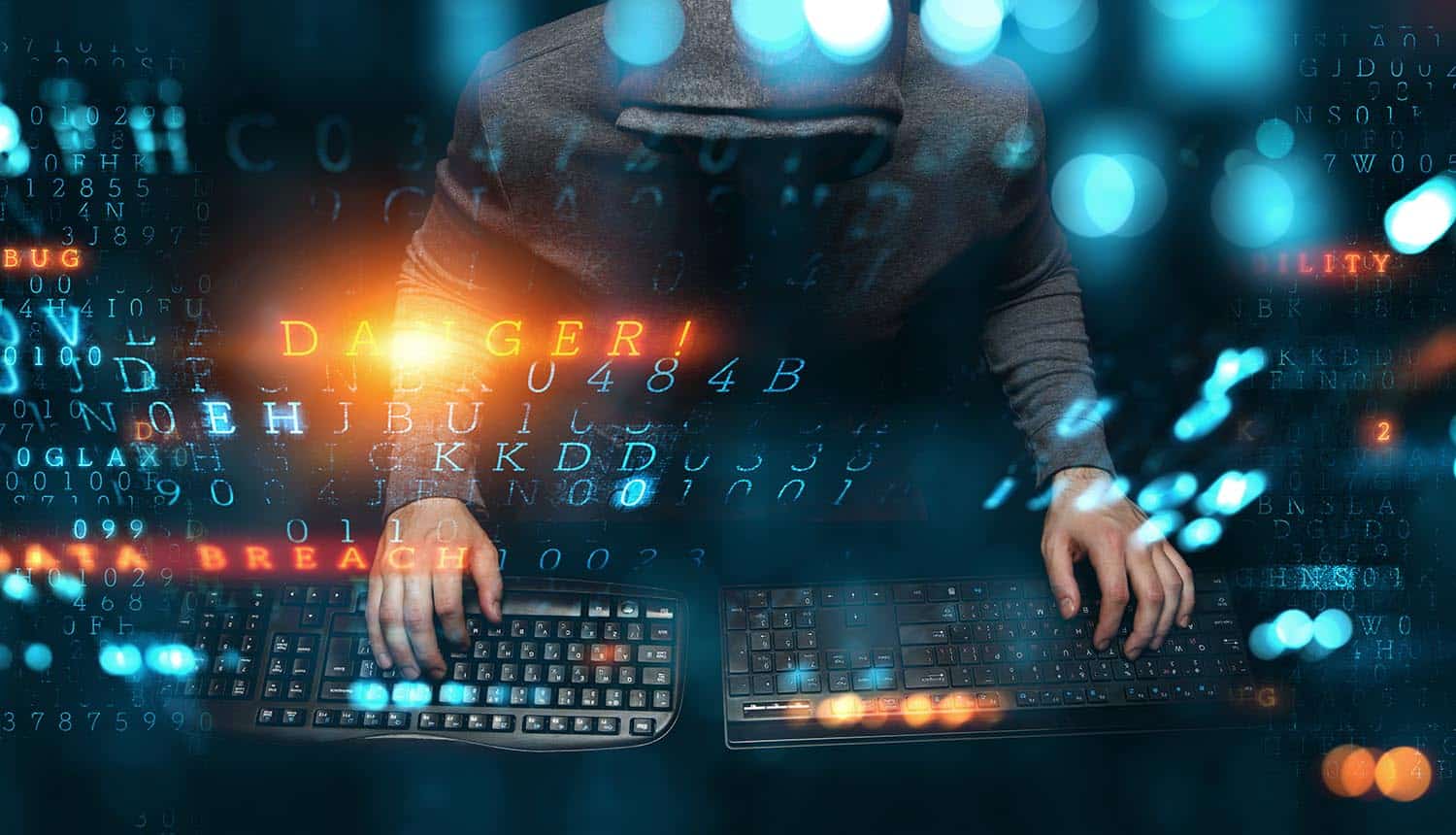Things you do online can have consequences in the real world, and malicious people online can now find a way to stir trouble for you in the real world.
It’s important you know what these dangers are and what you can do to protect yourself from them. With that in mind, here are the seven real-world threats caused by the digital world.
1. Deep Fake
The deep fake technology is becoming worrying at an increasing pace. In the past, even the best photomontage was not as good. Still, sometimes, it was good enough to tarnish one’s reputation and ruin one’s life.
One of the biggest modern problems with deep fake technology is that it can be used to effectively fabricate lies that are nearly indistinguishable from the truth. Once that clip of you doing crime (or something a bit more explicit) starts circling around, that’s it. No amount of appeal will clear you for good.
Then again, since everyone knows just how powerful deep fakes are, there are a lot of people who will use this as an excuse to counter real evidence of them doing something bad.
2. Doxing
People say the vilest things imaginable on the internet, mostly because they’re shrouded by the veil of anonymity. However, what if this is not the case?
A lot of people don’t really mind their words and actions online because they believe that since their profile is anonymous (no real-world information), they’re completely safe. Others who do write things from their private profiles usually believe that just because they have a private profile and don’t post private matters on their devices, they’re safe.
Neither of these things is the case.
Doxing is the act of revealing your private information and address to the online community. The reason why this makes people extra uneasy is that you never know who’s listening.
With your IP address, one can find out your physical address and, with it, everything else about you, as well. You can protect yourself from that with a VPN. There are a lot of free tools out there, but even some of the best VPNs are quite inexpensive, and they’re worth every cent.

3. Compromising IoT Devices
In the past, what was the worst thing that could happen if you got a virus or if your device got hacked? Your device would be slow, you would not be able to use it, and maybe a few saved games would be corrupted.
Today, however, people are inseparable from their devices, and they keep all their financial and private info on these devices.
Due to the Internet of Things (IoT), a lot of real-world items are connected to the digital world, as well. Your surveillance system, the locks on your door, your water heater, and your thermometer are all connected. The idea of having them compromised is quite terrifying.
With the latest popularity of Vision Pro, they might soon even be able to affect what you see.
Still, it’s not all so bad.
When it comes to smart homes, the majority of systems are on a separate network, which is isolated and harder to penetrate. As for the rest of the IoT items, the developers are aware of the risks, and they work extra hard to keep them secure.

4. Stalking
Once again, this is not an exclusively online threat, but it does create new possibilities for people online to engage in this behavior.
You see, if they were to do this in the real world, you would have a significant chance of noticing it. Someone following you around, staring at you, coincidentally encountering you more often than is normal, or asking around about you is something that can hardly fly under the radar.
A person stalking you online can remain hidden for years.
The thing is that you post so many things online. By just looking at your profile they can learn where you live, what routes you walk your dog through, and even which school your kids attend. It’s a terrifying thought, and you’re right to be afraid.
The only way to avoid it (or minimize its risks) is to be extra careful what you post online. Everything online is available to the public. Even if you don’t have someone in your friends/followers, you have no idea who is screenshotting things and sending it to them.
5. Swatting
So, imagine someone with bad intentions learning of your physical location. One of the things they could do is call in the police (anonymously) and say that they’re keeping hostages or preparing a terrorist attack, as well as that they’re armed and extremely dangerous.
The police would send in the SWAT team (hence the name), who would go there expecting to meet heavy resistance.
This is a practice that has been done to some streamers in the past, and the viewers could witness the arrest live. Unfortunately, it’s a “prank” with a high risk of having a fatal outcome. There are many instances where swatting goes wrong.
Now, this is not an exclusively online threat. Technically, anyone who knows of your physical location could call in. The reason why it’s more common online is because people in the digital world believe that it could never be traced back to them. The most heinous crimes are performed by people convinced that they could face no consequences.

6. Identity Theft
Someone could learn about you so much by just observing your online presence. As a result, they could become far more effective at impersonating you and putting you at a serious disadvantage.
A person pretending they’re you is not that dangerous until they know too much. Previously, we’ve already mentioned the risk of deep fakes. The AI voice generator can even make them sound like you. If you don’t believe us, just go to YouTube and look up US presidents playing D&D. Even ChatGPT’s ethical safeguards can be bypassed with just a bit of gaslighting on your part.
So, with the help of generative AI, they can do a lot of bad things, but it’s also down to what you post on your social media.
So, where’s the real-world harm here? It’s mostly about someone making dubious moves and scamming people under your name. Even if you manage to prove it wasn’t you, your reputation might not recover.
7. Online Extortion
Someone who manages to get their hands on sensitive information about you in the digital world (chats, photos, screenshots, etc.) might extort you in the real world.
They could even use media generated by AI in order to extort you. This will feel even more unfair, but the truth is that a lot of people will fall for it. A lot of people won’t be willing to risk this, which means that they’ll just pay the toll in the hope of being over with it.
We live in a dangerous world, and protecting your persona is more important than ever.

“The Line Between Real & Digital Threats is Getting Blurrier by the Minute.”
The first step in staying safe in the digital world lies in understanding the threats, being careful what you upload and post, and always keeping one eye open. You don’t want to expose yourself to too much of a risk.













